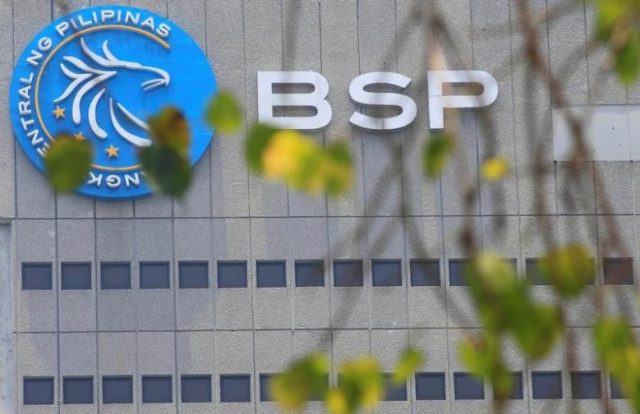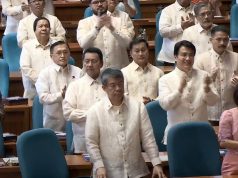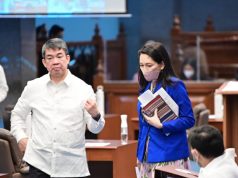
MANILA – Suspension of work in government offices, in instances that do not include regular holidays or inclement weather, should exclude units involved in check clearing of the Bangko Sentral ng Pilipinas, according to Senate President Aquilino “Koko” Pimentel III, citing the negative impact on the business sector of suspending such operations as well.
“When the Executive suspends work in government offices during events like the transport strike, or declares extended stretches of work suspensions because of activities like ASEAN, businesses are adversely affected,” said Pimentel.
“Because when check clearing operations are suspended, this disrupts the operations of many businesses who receive payments or must make payments,” the Senate chief explained.
Another consequence of the suspension of check clearing operations, added Pimentel, is the suspension of the operations of the Philippine Stock Exchange and the country’s banks.
“I understand that jeepney strikes and activities like the ASEAN hosting make it extremely inconvenient for government employees to report for work,” said the senator from Mindanao.
“But just as vital government operations like law enforcement and agencies like the MMDA remain operational during situations like these, so must a critical agency like the BSP remain open so that the business of doing business is not affected.”
Classes and work in government offices were suspended during the jeepney strike from October 16 to 17, with the private sector allowed to exercise discretion with regard to suspending work. However, check clearing, one of the critical BSP operations, was suspended on October 16.
As a result, businesses were unable to make banking transactions on that day. Pimentel said that these government work stoppages, on top of the country’s numerous national and local holidays, were bad for business, as well as “no work, no pay” contractual workers.
“I believe that at some point we have to rationalize and limit our national and local holidays because we already lose so many work days a year because of extreme weather phenomena like typhoons,” the legislator said. “If we want to attract investors and continue to grow our economy, we have to do this if we want to be able to compete with the other developing Asian economies.”









